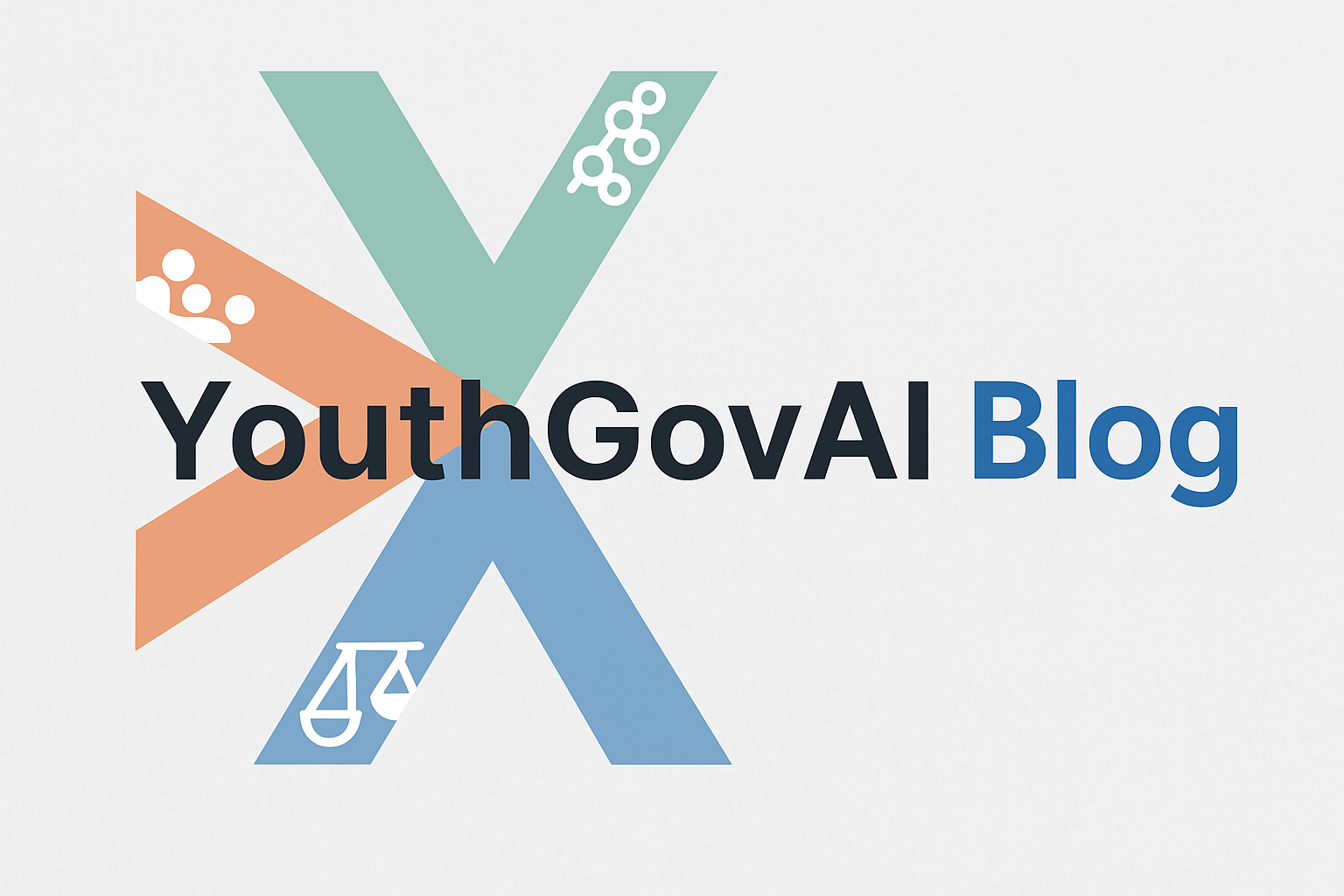Recent developments in the field of Artificial Intelligence have presented us with a number of new challenges, potential risks and opportunities for our society as a whole. Conducted in Greece between March and May 2025, with a total number of 56 respondents (aged between 13 and 27 years old), the YouthGovAI survey aimed at providing a meaningful base for interpreting the Greek youth’s attitudes towards AI literacy, awareness, and ethical sensitivity.
Widespread exposure and usage equals awareness and confidence; not necessarily
While 75% of young Greeks appeared confident in explaining what Artificial Intelligence is and 62.5% reported that they use AI technologies at least 2 to 4 times per week, YouthGovAI’s survey revealed significant room for improvement in building/enhancing the Greek youth’s technical and conceptual understanding of AI.
‘YouthGovAI’s survey revealed significant room for improvement in building the Greek youth’s technical and conceptual understanding of AI.’
Participants’ confidence in their ‘knowledge of AI and how it works’ was assessed, revealing that only 28.5% felt confident in their knowledge of AI and how it functions or in their ability to effectively identify AI technologies (25%).
Trust Issues
Most of the participants demonstrated a moderate or low level of confidence (46.2% and 28.8% respectively) when asked about how they feel regarding the quality and accuracy of information they receive when interacting with LLM-powered apps/chatbots, like Chat GPT. While the sample appeared divided when asked if AI decides in the interests of its users, with the majority (58,9%) expressing concerns that ΑΙ may elude human control and act against the will of its developers.
Assessing Potential Risks and Advantages
Responses provided by young people in Greece reveal a prevailing perception of AI as a facilitator/personal assistant in daily life suggesting a relatively high level of familiarity with AI-integrated systems and a pragmatic view of its applications. When asked to reflect on the potential risks of Artificial Intelligence, Greek youth provided responses that reveal a complex and nuanced understanding of the ethical, psychological, and socio-economic implications. The risk of AI dulling critical thinking and disseminating unreliable and unverified information was frequently addressed, while fears relating to increases in unemployment and security breaches appeared a predominant theme.
‘Responses […] suggested a relatively high level of familiarity with AI-integrated systems and a pragmatic view of its applications.’
Key Recommendations
Awareness Campaigns: Better understand the frame of reference and provide young people with the necessary space to express themselves.
AI Literacy Courses: Should be included in the curriculum at all educational levels respectively adapted according to the educational needs and perceptual abilities of students.
Official Institutions: Promote educational activities for young people and educators.
AI Policies and Regulations: Shared with the public with clarity and simplicity, not as legislative texts. The survey findings validate its aim to empower young people to become active participants in shaping AI governance. To do so, structured and inclusive learning opportunities must be scaled up to ensure that digital fluency is accompanied by democratic agency. Only through this comprehensive approach can we ensure that the next generation contributes meaningfully to the ethical, social, and political features of Artificial Intelligence. Their voice is already resonant—it is now our responsibility to amplify it in policy-making, education, and innovation.
